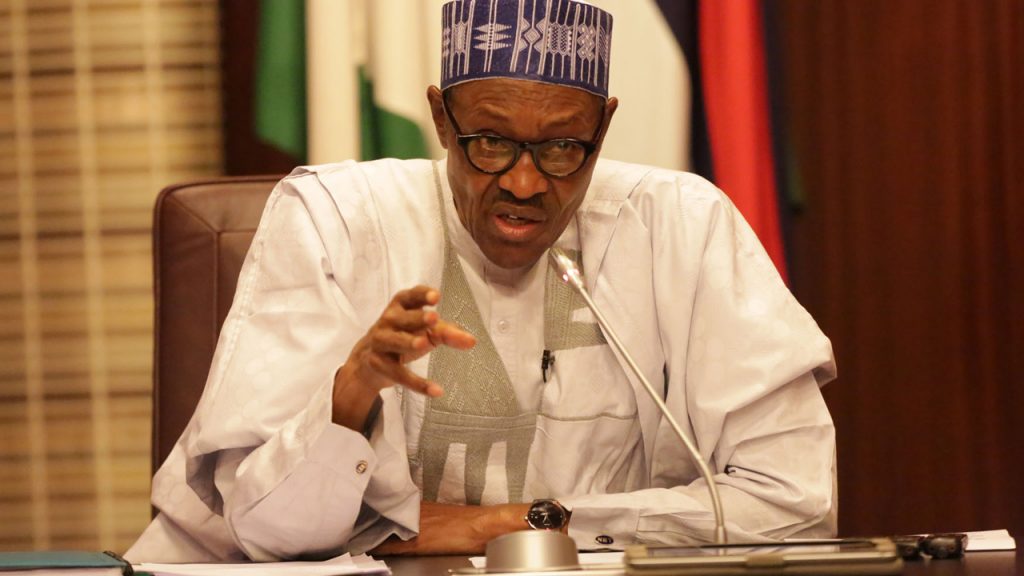President Muhammadu Buhari has said most of the communal crises in the country are sponsored by politicians and religious leaders.
Mr Buhari said this while delivering his speech at the Eagles Square, Abuja to mark 20 years of unbroken democratic rule.
President Buhari also said the insecurity in the country was sponsored by the political elite and religious leaders seeking to weaken the country.

“Most of the instances of inter-communal and inter-religious strife and violence were and are still as a result of sponsorship or incitements by ethnic, political or religious leaders hoping to benefit by exploiting our divisions and fault lines, thereby weakening our country. Our country Nigeria is a great country,” he said.
“According to United Nations estimates, our population will rise to 411 million by 2050, making us the third most populous nation on earth behind only China and India.”
Nigeria must remain united
Mr Buhari said he would ensure he keeps the country united.
“I was involved at close quarters in the struggle to keep Nigeria one. I can, therefore, do no more than dedicating the rest of my life to work for the unity of Nigeria and upliftment of Nigerians,” he said.
“Terrorism and insecurity are worldwide phenomena and even the best-policed countries are experiencing increasing incidents of unrest and are finding things hard to cope.
“But when we actively reduce inequality through investments in social and hard infrastructure, insecurity reduces,” he added.
President Buhari admitted that kidnappings and banditry have remained a challenge in some rural areas in his past four years.
“When I took the oath of office on 29 May 2015, insecurity reigned. Apart from occupying 18 local governments in the North-east, Boko Haram could, at will, attack any city including the Federal Capital, could threaten any institution including bombing the United Nations building and Police Headquarters in Abuja.
“Admittedly, some of the challenges still remain in kidnappings and banditry in some rural areas. The great difference between 2015 and today is that we are meeting these challenges.”
Assurance, Promises
President Buhari promised that in his next four years, his administration will remain committed to improving the lives of the people.
“For the next four years, we will remain committed to improving the lives of people by consolidating efforts to address these key issues as well as emerging challenges of climate change, also resettling displaced communities and dealing decisively with the new flashes of insecurity across the country, and the impacts on food scarcity and regional stability.

